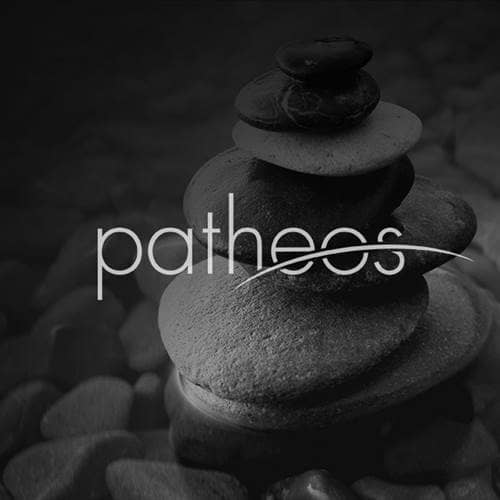Why do Christians today continue to call God "Father," especially in light of feminist critiques of language and meaning-making? What, for example, are we to make of Mary Daly's critique that "if God is male, then the male is God"?
The starting point for my response is in a key statement about God that has emerged from both the Jewish and Christian traditions: namely, the "scandal of particularity"—the idea that God has done something concretely in a particular time and place. God, in the Judeo-Christian view of history, hasn't spoken to all people in universal categories: he's spoken to Israel in the words of Moses and the prophets, and as Christians we believe he's spoken to us uniquely in Jesus. And since Jesus calls God "Father," we simply imitate him.
The deeper issue, though, is how we make sense of our use of that appellation for God. It's not enough to just chalk it up to "imitating Jesus," especially since in this postmodern age we're more aware of how those who put the writings to paper were influenced by their own cultural/linguistic goggles (the usual term is "hermeneutical lens"). Might they have missed a nuance in Jesus' way of calling God Abba?
I suggest two images for approaching meaning in this word, a meaning that retains a sensitivity to the legitimate feminist concern over language and its power to shape relationships and power. For those who have been abused by their fathers, or whose experience of men has been tragic, it is important to avoid suggesting that God shares anything in common with those experiences. Quite the contrary: we want to suggest that the frustrated longing for a human father can find healing and beauty through personal relationship with God the Father Almighty.
The first image comes from a powerful film I saw yesterday, Somewhere Between. The story follows four young women adopted as children or infants from China. As a parent of Chinese adoptees, I was moved by the stories of these young women seeking to negotiate questions about their dual identities. [Spoiler alert: jump to the next paragraph.] I was particularly moved by the story of Haley, who travels to China in the hope of reconnecting with her birth family, and who, within two minutes of putting up a sign, finds a man who claims to be her birth father. I was very uncomfortable watching the scene when he is sitting next to her, holding her, wondering whether he might be manipulating this 13-year-old and her parents. For several minutes, I thought him to be a scoundrel; but after a DNA test later in the film confirms that he is indeed the biological father, my feelings toward him completely changed. Now, instead of a scoundrel, he is a long-suffering man who desperately has longed to see his daughter, who was taken away from him while he worked in the fields. As I watched him, I was reminded of an experience last summer, when I was able to meet the man who fostered one of my daughters for many months before we adopted her, and who with his wife came forward after nine years just to see her again.
The second image comes from a deeply moving article by Timothy O'Malley about his and his wife's struggles with infertility, of longing for a child that does not appear. This account resonated with my own experience of moving toward fatherhood: specifically, the experience of deep, protracted, frustrated longing for a child, with a woman who experiences that loss with searing pain. O'Malley writes, "The hope-filled decision to conceive a child became a bitter task of disheartened waiting." How much that description of bitterness mirrors the way that prophets from Hosea to Jeremiah described God with another familial metaphor—the spurned lover/bridegroom. O'Malley sees fatherhood not as something to exult or gloat over, and far less as a patriarchal power-grab. Rather, he sees it as the object of his own longing, both for himself and for his bride.
Far from being typically "patriarchal" images (and I confess that I find the language of patriarchy to be frequently painted with rather broad brushstrokes), these images suggest fatherhood as a kind of desperation, and hope for relationship. To consider God "the Father Almighty" is perhaps to consider him using the Lucan image of the father in the parable of the Prodigal Son: the one who desperately wants to express love for his children (both the faithful and the sinner), and who will run into a field, ignominiously, to embrace the child who has run away.





